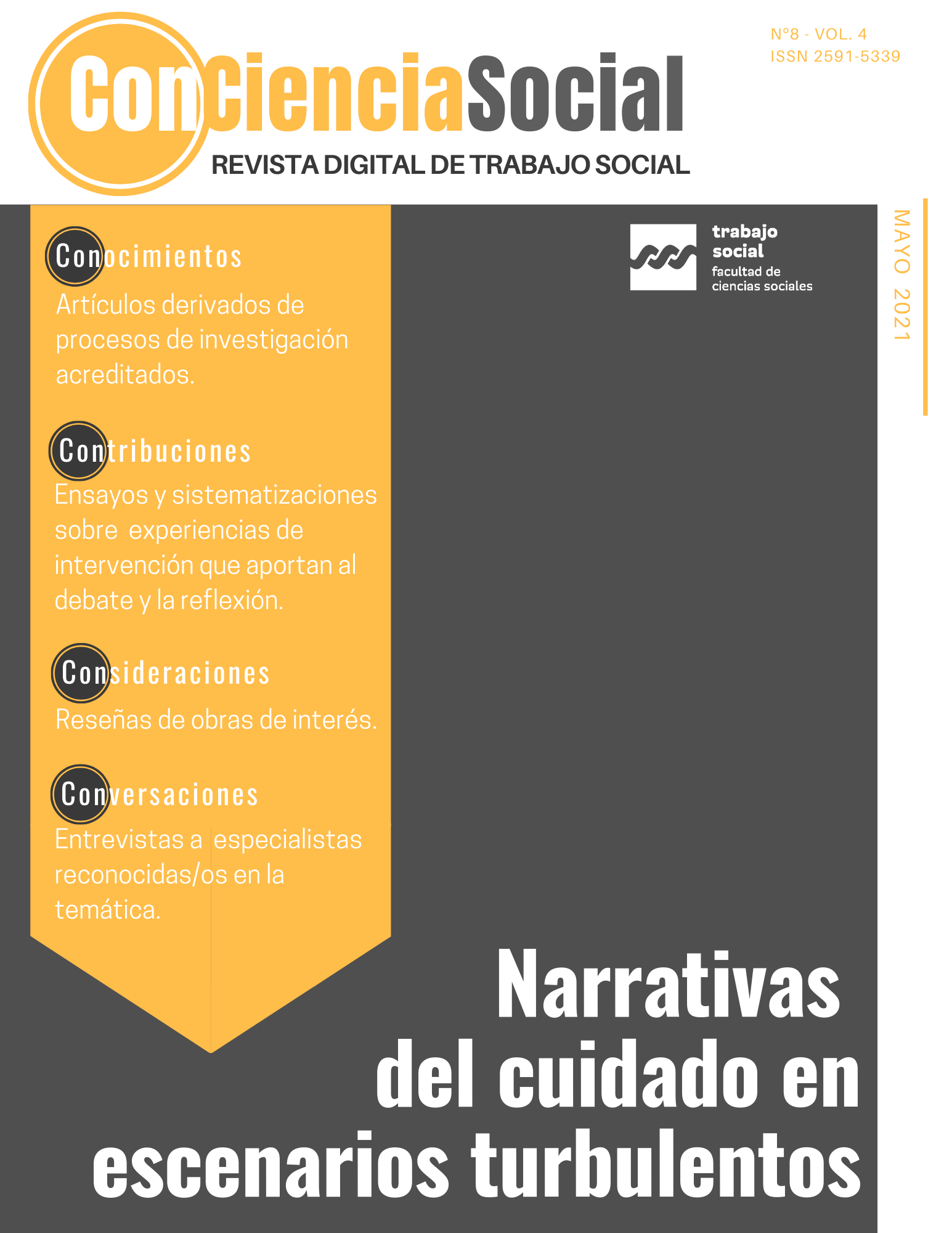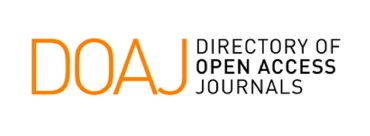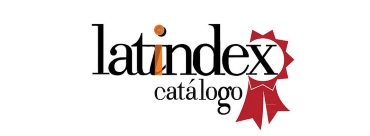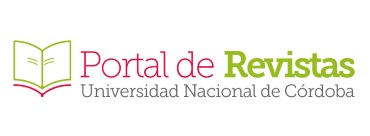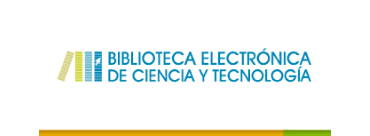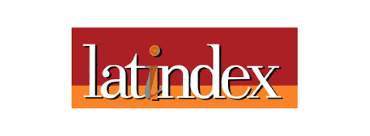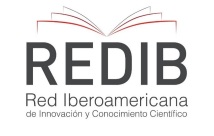The teaching-learning process in the context of a pandemic
Keywords:
teaching - learning process, teaching practice, students, pandemic, care of academic trajectoriesAbstract
The Covid-19 pandemic imposed a new way of organizing daily life around the world and in our country, whose modifications had a unique impact on higher education that was fundamentally oriented by the use of new technologies. In this way, the teaching - learning process was traversed by virtuality during the 2020 school year, which questioned our teaching practices in their epistemological, pedagogical, methodological and experiential aspects, as well as put in tension the institutional functioning mode that It was historically organized through the presence of students in the classrooms. In this work we propose to share some reflections, strategies and challenges of teaching practice in the context of Social, Preventive and Compulsory Isolation in the subject "Foundations and Historical Constitution of Social Work-B", practical theoretical subject of the first year of the Degree in Social Work from the Facultad de Ciencias Sociales —UNC—.
Our reflections not only include a conjunctural view of context, crossed by the pandemic, but also recognize the conditions in which teaching is exercised and students are trained, in a transition scenario between a neoliberal period at all costs, with adjustment and delegitimization from the Public University, Science and Technology to a moment where the role of the State and public policy is revalued to attend to the common affairs of society, reinforcing areas such as education and health.
It is not a “photo” of this moment, but rather a “movie” that covers teaching activity far and wide, recognizing the centrality of the care category to analyze our “teaching profession” and to think about strengthening strategies of the academic trajectories of the students.
Downloads
References
Ceminari, Y. y Stolkiner, A. (2018). El cuidado social y la organización social del cuidado como categorías claves para el análisis de políticas públicas. X Congreso Internacional de Investigación y Práctica Profesional en Psicología, XXV Jornadas de Investigación y XIV Encuentro de Investigadores en Psicología del MERCOSUR. Facultad de Psicología, Universidad de Buenos Aires, Recuperado de: https://www.aacademica.org/000-122/142.pdf
CEPAL (2020). Tercer informe especial sobre “El desafío social en tiempos de Covid-19”. Recuperado de: https://www.nodal.am/2020/05/la-cepal-advierte-que-aumentara-la-desigualdad-en-america-latina-y-la-pobreza-trepara-al 35/#:~:text=Ante%20la%20ca%C3%ADda%20del%20%2D5,7%20millones%20de%20personas%20adicionales
Freire P. (1970). Pedagogía del Oprimido. Uruguay: Editorial Tierra Nueva.
García Aretio Lorenzo. (1999) Fundamento y componentes de la educación a distancia. RIED. Revista Iberoamericana de Educación a Distancia. Vol. 2, Núm.2 Recuperado de: http://revistas.uned.es/index.php/ried/article/view/2076/1951
Litwin, E. (2000). De las tradiciones a la virtualidad. En E. Litwin (Ed). La Educación a Distancia: Temas para el Debate en una Nueva Agenda Educativa. Buenos Aires. Amorrortu Editores.
Lugo, M T. y Schulman, D. (1999). Capacitación a distancia; acercar la lejanía. Buenos. Aires. Editorial Magisterio del Río de la Plata.
Naveda, A. (2019). Estado, Desarrollo y Políticas públicas. Tramas Sociales, ISSN: 2683-8087 Revista del Gabinete de Estudios e Investigaciones en Sociología, Universidad Nacional de San Juan, septiembre. Año 1, Vol. 1. Pág. 121-142.
Pautassi, L. (2007). El cuidado como cuestión social desde el enfoque de derechos. Serie Mujer y Desarrollo, Nº 87. Chile. CEPAL. Agencia Española de Cooperación Internacional. Recuperado de: https://repositorio.cepal.org/bitstream/handle/11362/5809/1/
S0700816_es.pdf
Remedi Alione, V. (1987). Capítulo IV: Construcción de la Estructura Metodológica. En Aportaciones de la didáctica de la educación superior. Furlán A, Ortega Pérez F, Campos Hernández M, Marzolla M. Sección Formación Docente. Departamento de Pedagogía. ENEPI- Universidad Nacional Autónoma de México. https://www.fcecon.
unr.edu.ar/web-nueva/sites/default/files/u32/aportaciones_a_la_didactica_-_capitulos_i_a_vi.pdf
Rodríguez Enriquez C. y Marzonetto, G. (2015). Organización Social del cuidado y la desigualdad: el déficit de las políticas públicas de cuidado en Argentina. Revista Perspectiva de Políticas Públicas, Universidad Nacional de Lanús. Año 4 Nª 8. Pàg.103-134. Recuperado de: https://ri.conicet.gov.ar/bitstream/handle/11336/54157/CONICET_Digital%20B%20Marzonetto.pdf?sequence=5&isAllowed=y
Rodríguez Enriquez C. y Pautassi L. (2014). La organización social del cuidado de niños y niñas. Buenos Aires. ELA, ADC y CIEPP.
Santos, B. (2005). La Universidad en el siglo XXI. Para una reforma democrática y emancipadora de la Universidad, Centro de Investigaciones Interdisciplinarias en Ciencias y Humanidades. Coordinación de Humanidades. Universidad Nacional Autónoma de México. Recuperado de: http://www.boaventuradesousasantos.pt/media/universidad_siglo_xxi-.pdf
Downloads
Published
Issue
Section
License
Copyright (c) 2021 Graciela Fredianelli y Marianela Grasso

This work is licensed under a Creative Commons Attribution-ShareAlike 4.0 International License.
Aquellos autores/as que tengan publicaciones con esta revista, aceptan los términos siguientes:Los autores/as conservarán sus derechos de autor y garantizarán a la revista el derecho de primera publicación de su obra, el cuál estará simultáneamente sujeto a la Licencia de reconocimiento de Creative Commons que permite a terceros:
Compartir — copiar y redistribuir el material en cualquier medio o formato
Adaptar — remezclar, transformar y construir a partir del material para cualquier propósito, incluso comercialmente.
La licenciante no puede revocar estas libertades en tanto usted siga los términos de la licencia.Los autores/as podrán adoptar otros acuerdos de licencia no exclusiva de distribución de la versión de la obra publicada (p. ej.: depositarla en un archivo telemático institucional o publicarla en un volumen monográfico) siempre que se indique la publicación inicial en esta revista.
- Se permite y recomienda a los autores/as difundir su obra a través de Internet (p. ej.: en archivos telemáticos institucionales o en su página web) después del proceso de publicación, lo cual puede producir intercambios interesantes y aumentar las citas de la obra publicada. (Véase El efecto del acceso abierto).
Los derechos de explotación comercial (Copyrigth) quedan reservados para los autores.

